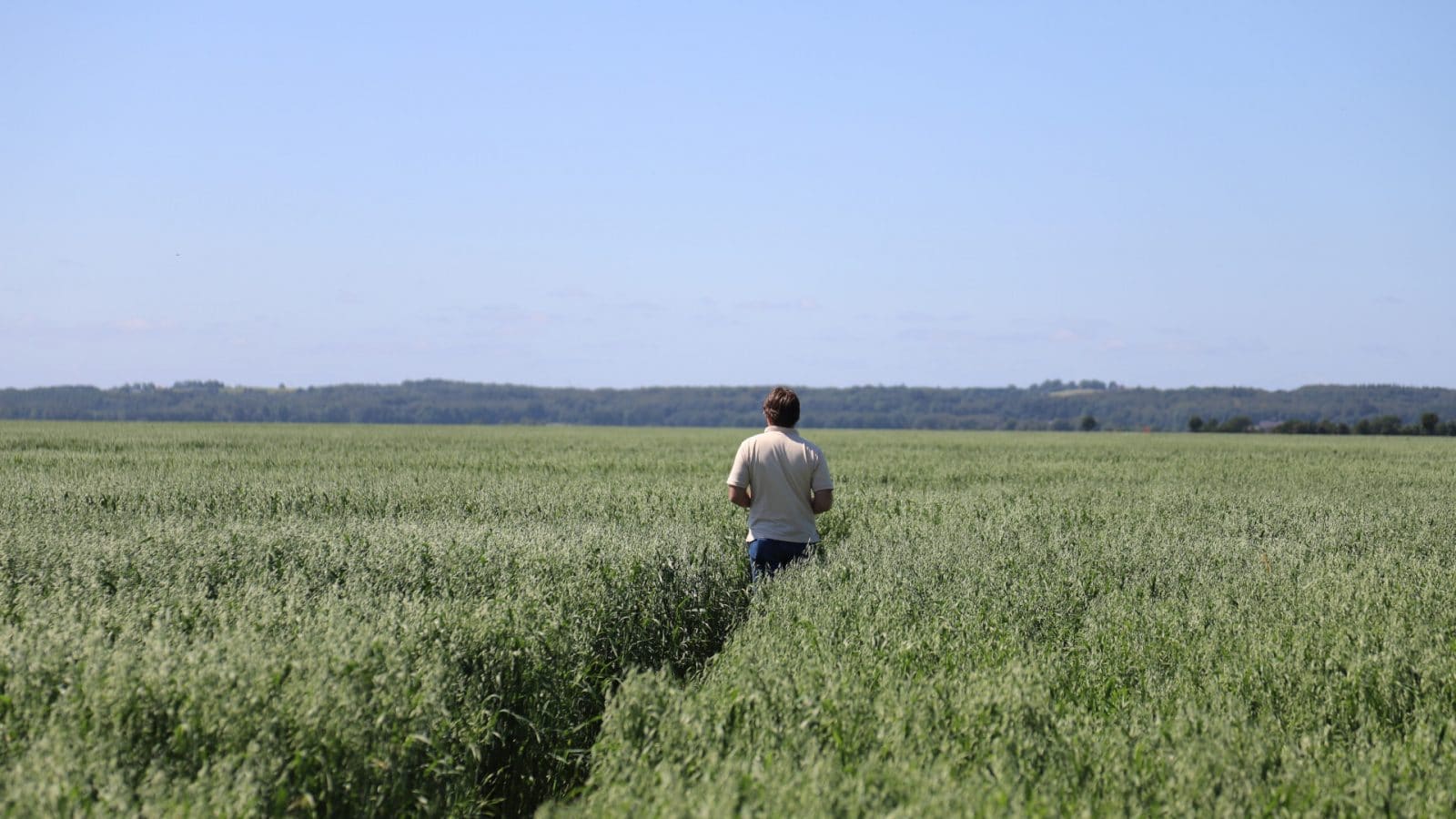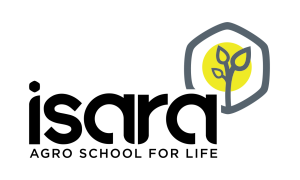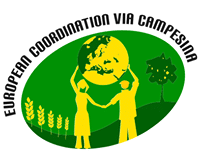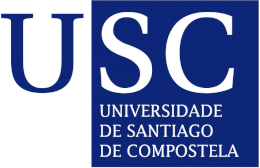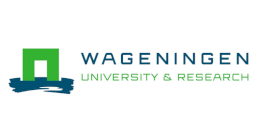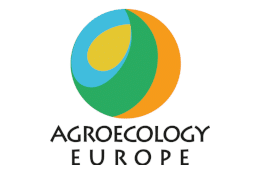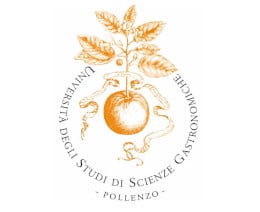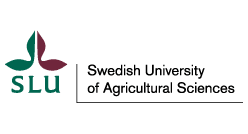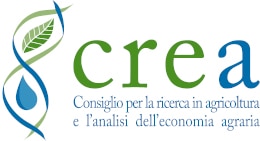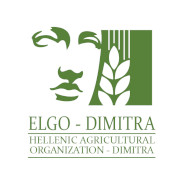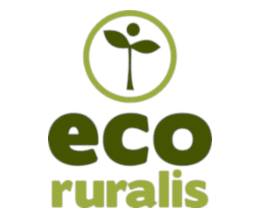Agroecology?
Agroecology embraces science, a set of practices and a social movement (Wezel et al. 2009, Agroecology Europe 2017), and applying the concept to whole agri-food systems (Francis et al. 2003, Gliessman 2007). As a science, it gives priority to action research, holistic and participatory approaches, and transdisciplinarity that is inclusive of different knowledge systems (Agroecology Europe 2017). As a practice, it is based on sustainable use of local renewable resources, local farmers’ knowledge and priorities, the wise use of biodiversity to provide ecosystem services and resilience, and solutions that provide multiple benefits (environmental, economic, social) from local to global (Wezel et al. 2014, Agroecology Europe 2017). As a movement, it defends smallholders and family farming, farmers and rural communities, food sovereignty, local and short food supply chains, diversity of indigenous seeds and breeds, healthy and quality food (Agroecology Europe 2017). Agroecology is increasingly recognised as a development pathway, which maximises environmental sustainability, producer autonomy, and economic resilience. The general concept of agroecology is quite broad, consequently, the use at the national and European level can be quite diverse with different groups highlighting different elements and topics.
To better understand what agroecology is, we ask some of our project partners some questions. Watch the short video clips to hear about their link and expectations of agroecology:
- Interview with Attila Szocs – Eco Ruralis:
- Interview with María Rosa Mosquera Losada – University Santiago de Compostela:
- Interview with Leonardo van den Berg – ECVC, Toekomstboeren
- Interview with Benjamin Sanchez – SCAR-AE Partnership:

Our approach
The consortium of AE4EU and associated partners bundle expertise in agroecology from over 10 countries and 12 organisations, institutions and networks, reflecting the diversity within this field.
Various methods to achieve our objectives are used. This includes quantitative and qualitative data collection at living labs, territory, national and European levels regarding initiatives, research infrastructures, networks, policy and funding schemes in agroecology. The project will map and summarise existing accessible data and information (e.g. living labs, research infrastructures, funding schemes, policies) and will showcase good initiatives and best practice at the national and European level. Through capacity building (workshops, meetings, knowledge exchange) AE4EU will connect initiatives, networks and other stakeholders at the national or European level. This will be supported and facilitated by European Forums, a Knowledge Exchange Network and a Knowledge Hub. Based on the findings and participatory session recommendations for policy and funding will be provided as well as a road map, strategies and a framework for strengthening the development of agroecology in Europe. AE4EU will promote synergies between work packages and the different project partners involved, but will also actively liaise with associated partners and key stakeholders across Europe and globally.
Mapping
A global mapping of current existing agroecology elements, research cooperation and policies will be carried out looking specifically to get an updated picture on national and local initiatives in agroecology, national and regional policies, and research development in Europe. The work will be carried out by combining involvement of partners from academia, NGOs, civil society organisations, national networks, and national governmental structures.
Read more
Funding
Public and private funders have sectorial, topic or theme-specific funding schemes, of which also some potentially overlap whereas other emerging needs in research and development topics in agroecology are neglected or insufficiently covered (e.g. about the economic performance of agroecology). A more systematic knowledge about these schemes will allow coordinating better funding for agroecology at national and European scales and focus on urgent areas, such as more systemic, holistic, and complementary funding programmes or schemes of public and private funders.
Read morePolicies
Policies related to agriculture and food systems and related environmental policies exist in different countries and also at the European level. Very few national policies directly connect to agroecology. Some have included or implemented elements of agroecology, which are at first sight not visible. A systematic analysis and assessment of these different national and European policies can make agroecology or elements of agroecology more prominent, and provide recommendations for enhancing integration and coordination in the development of future policies for sustainable agriculture and foods systems based on agroecology.
Read more
